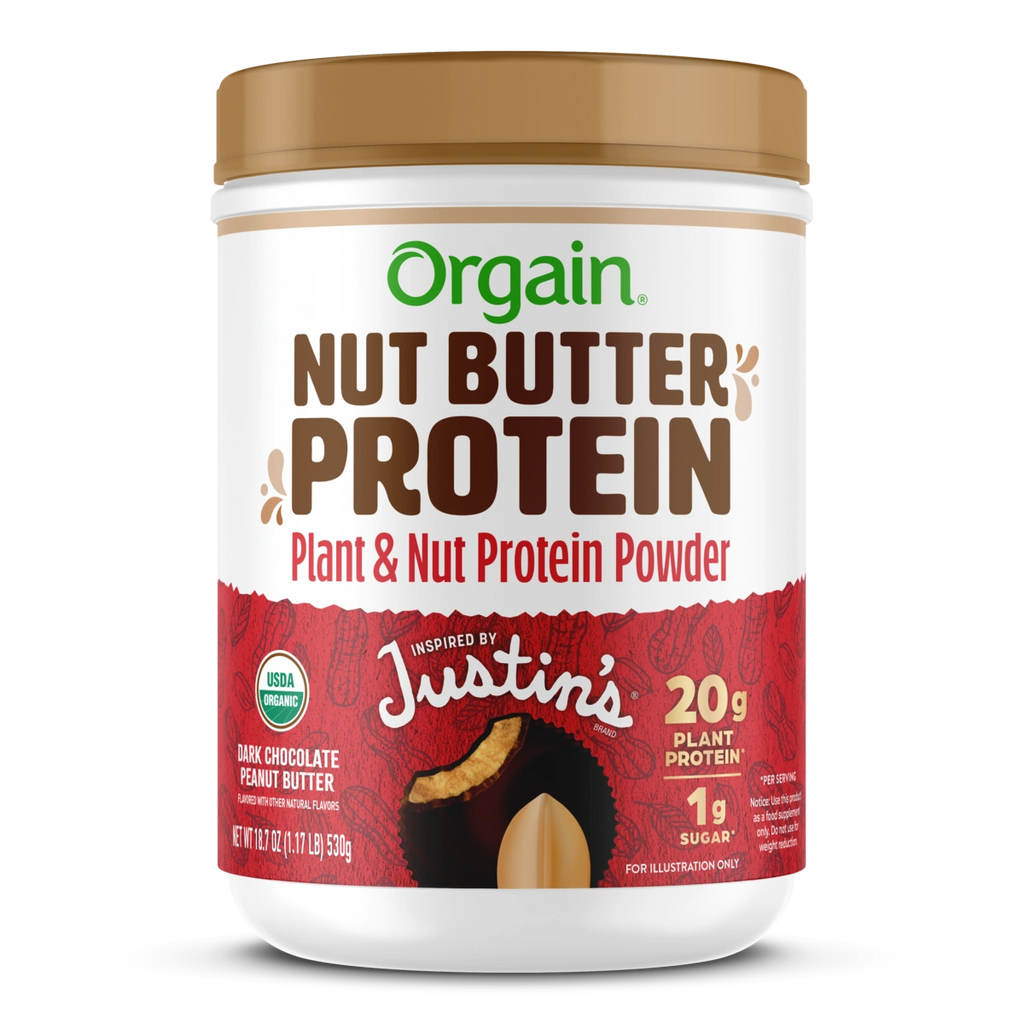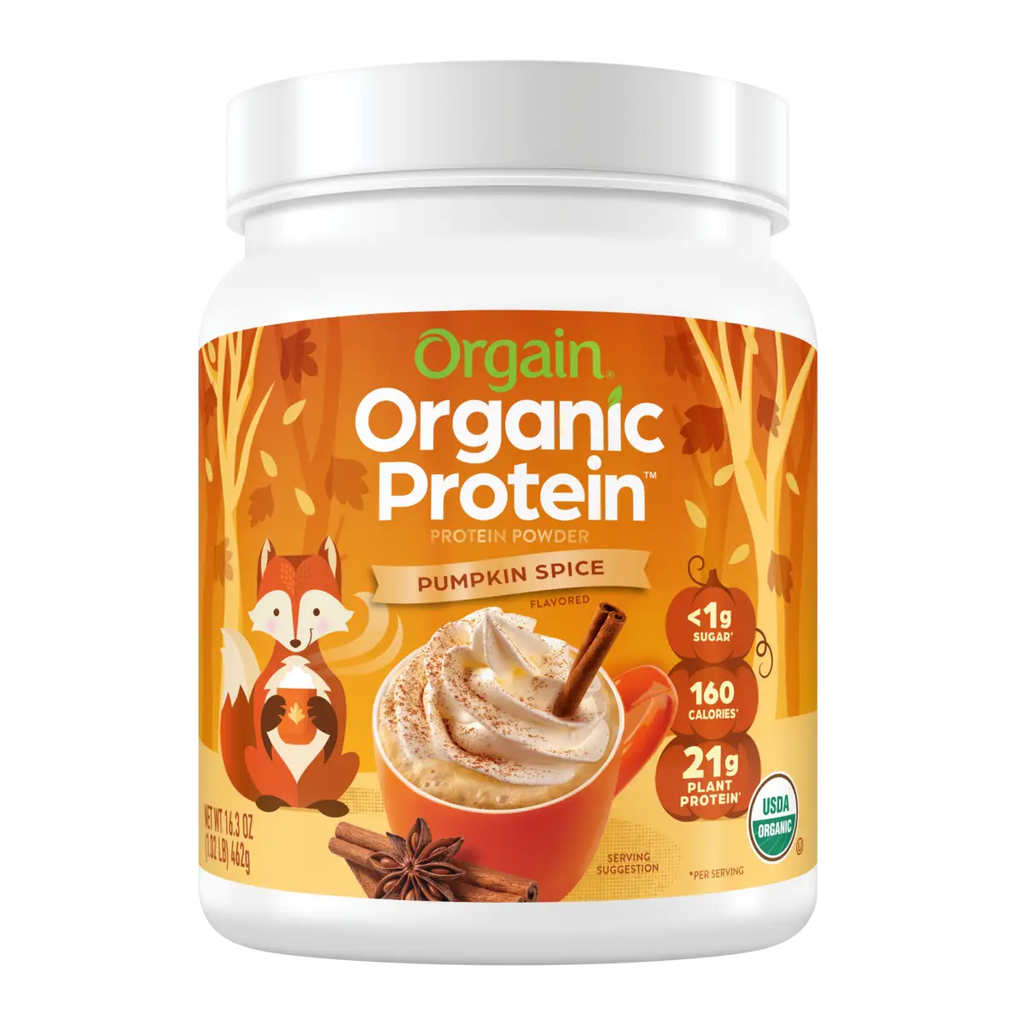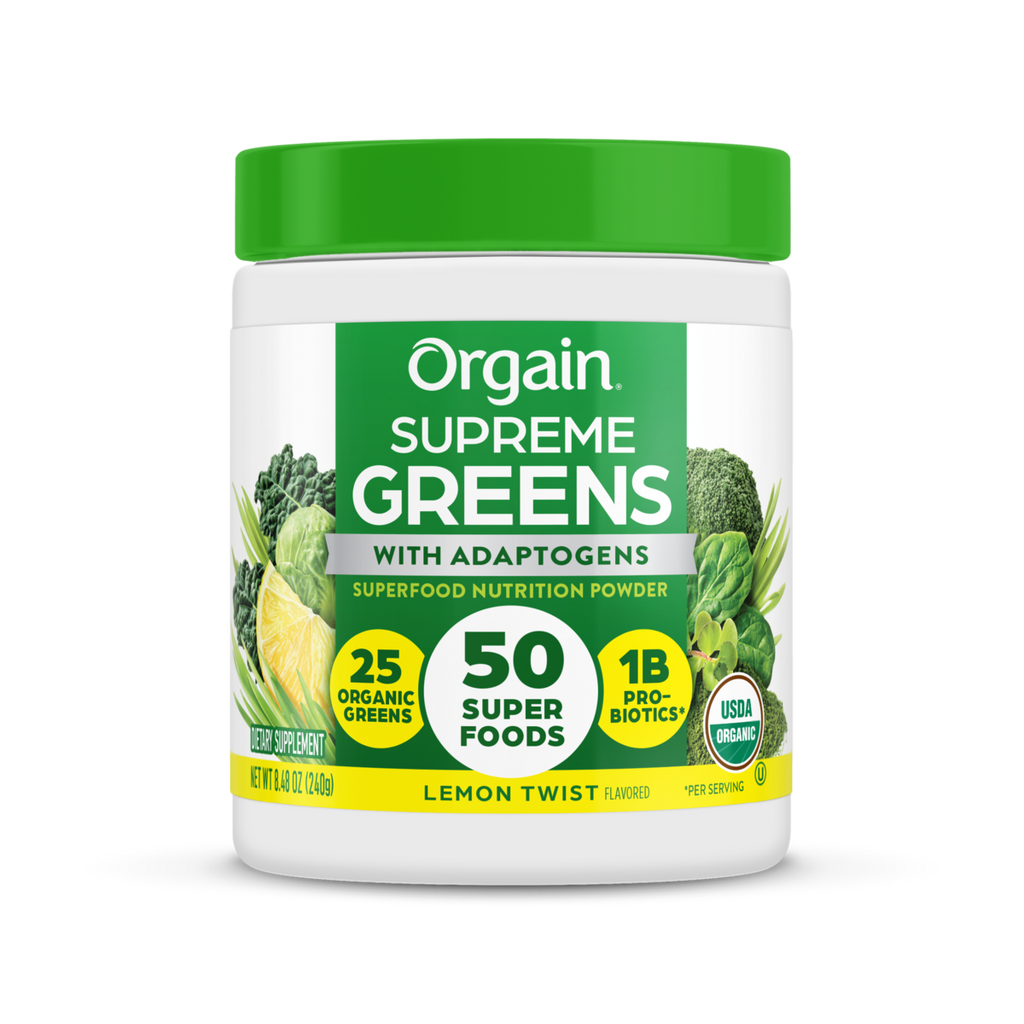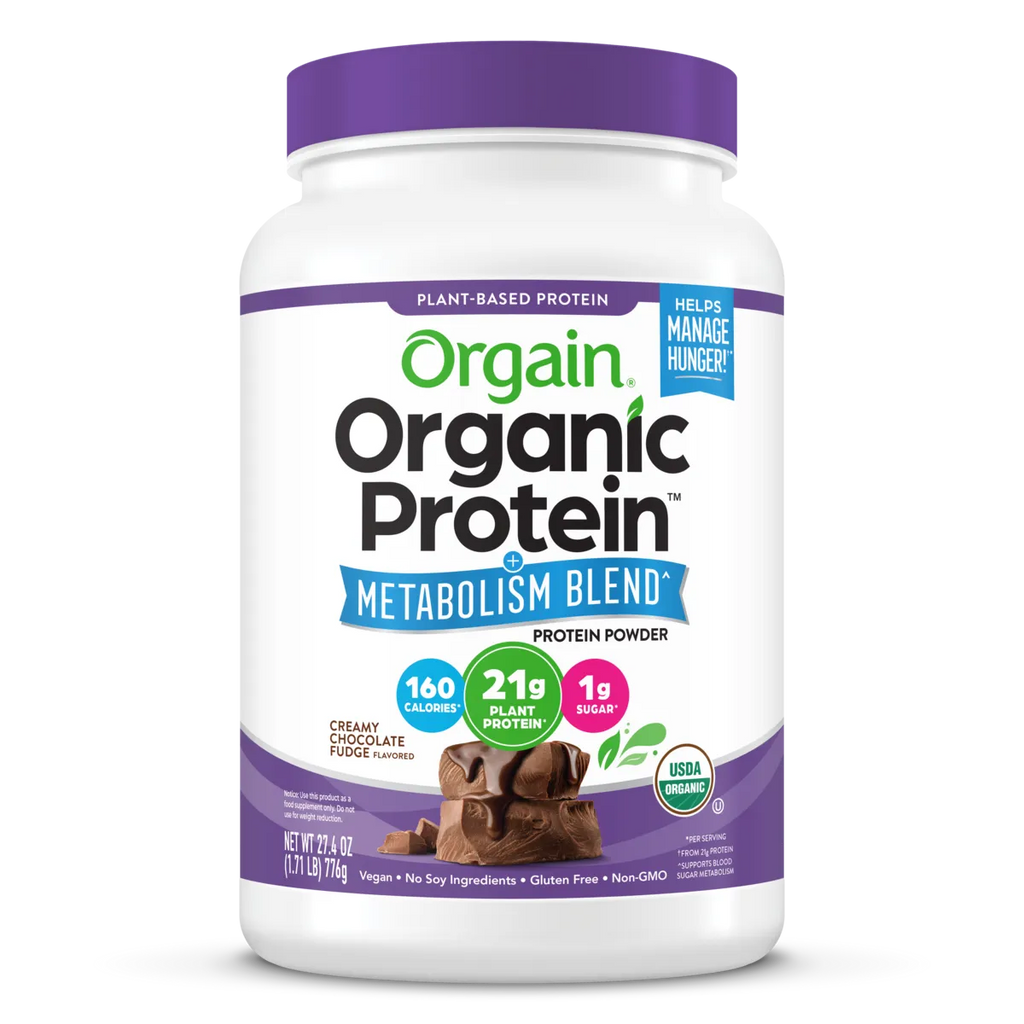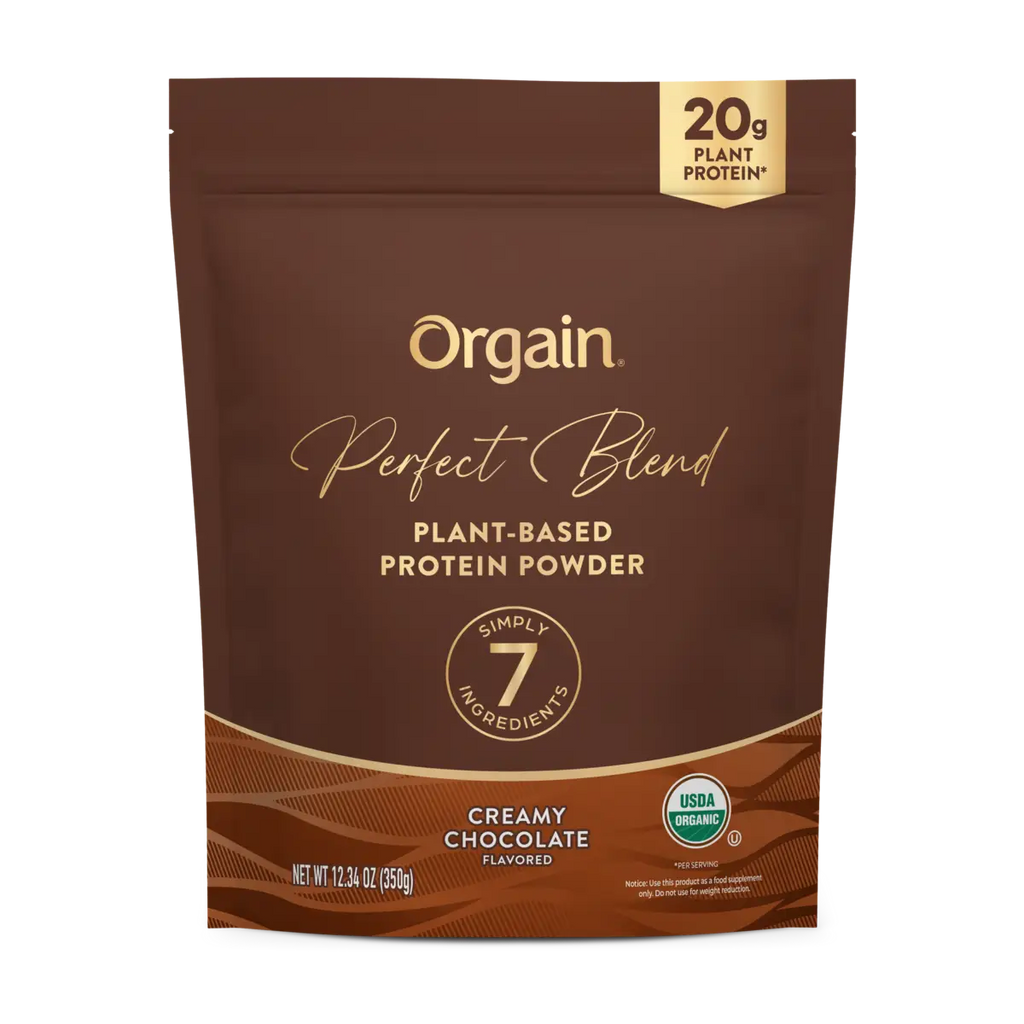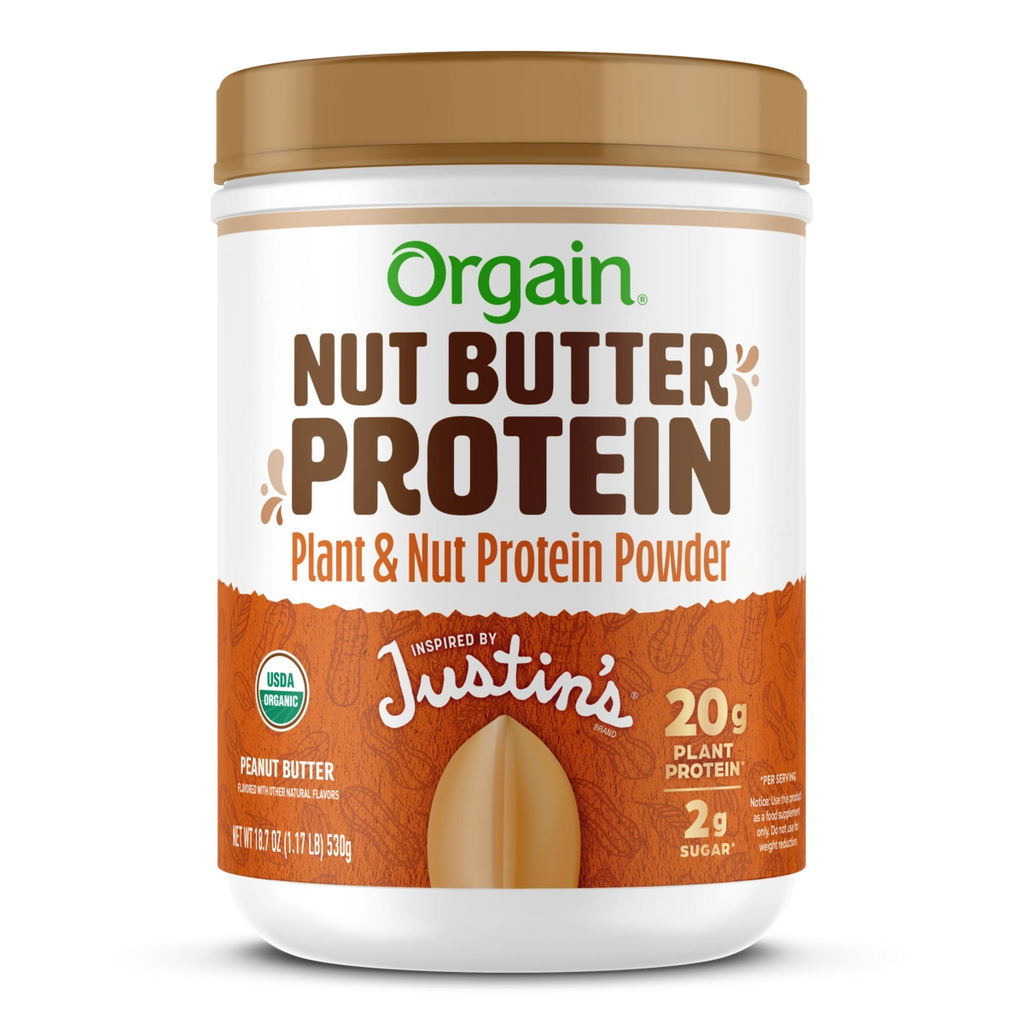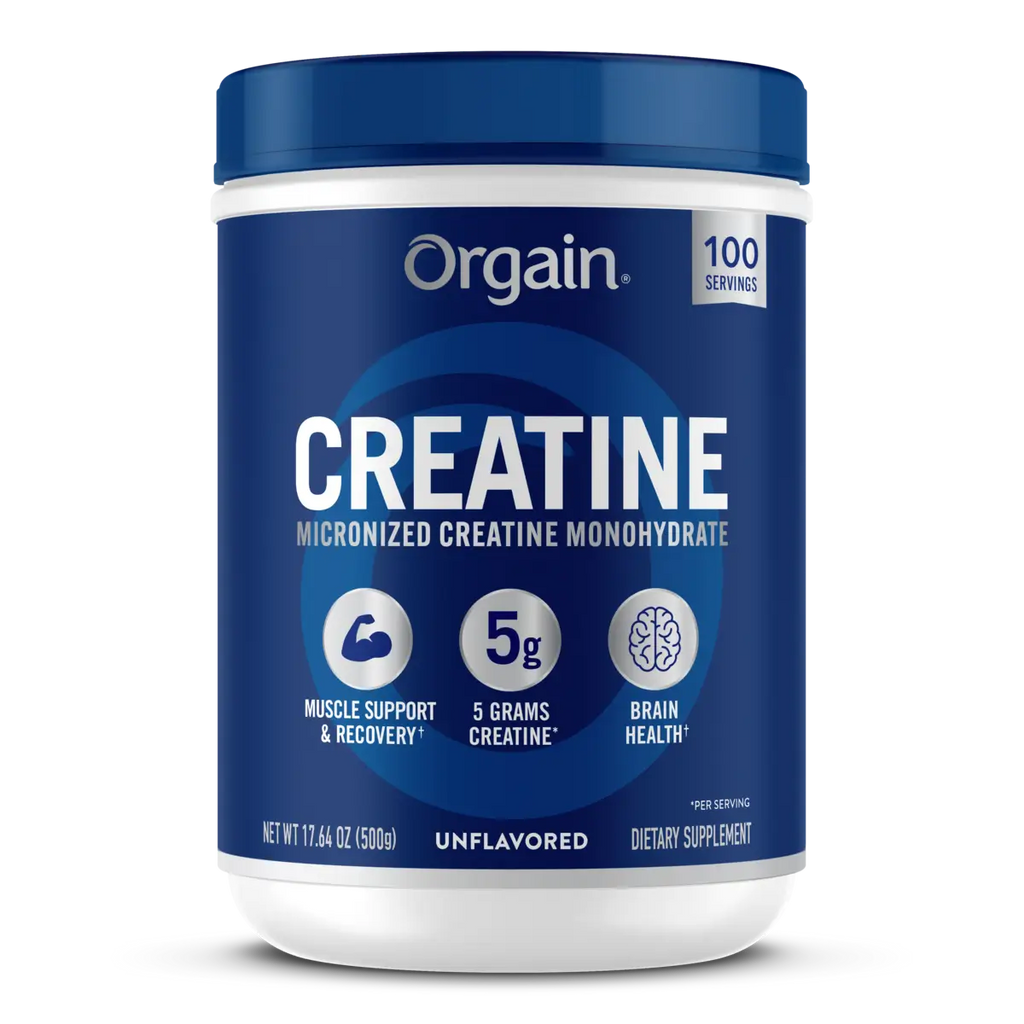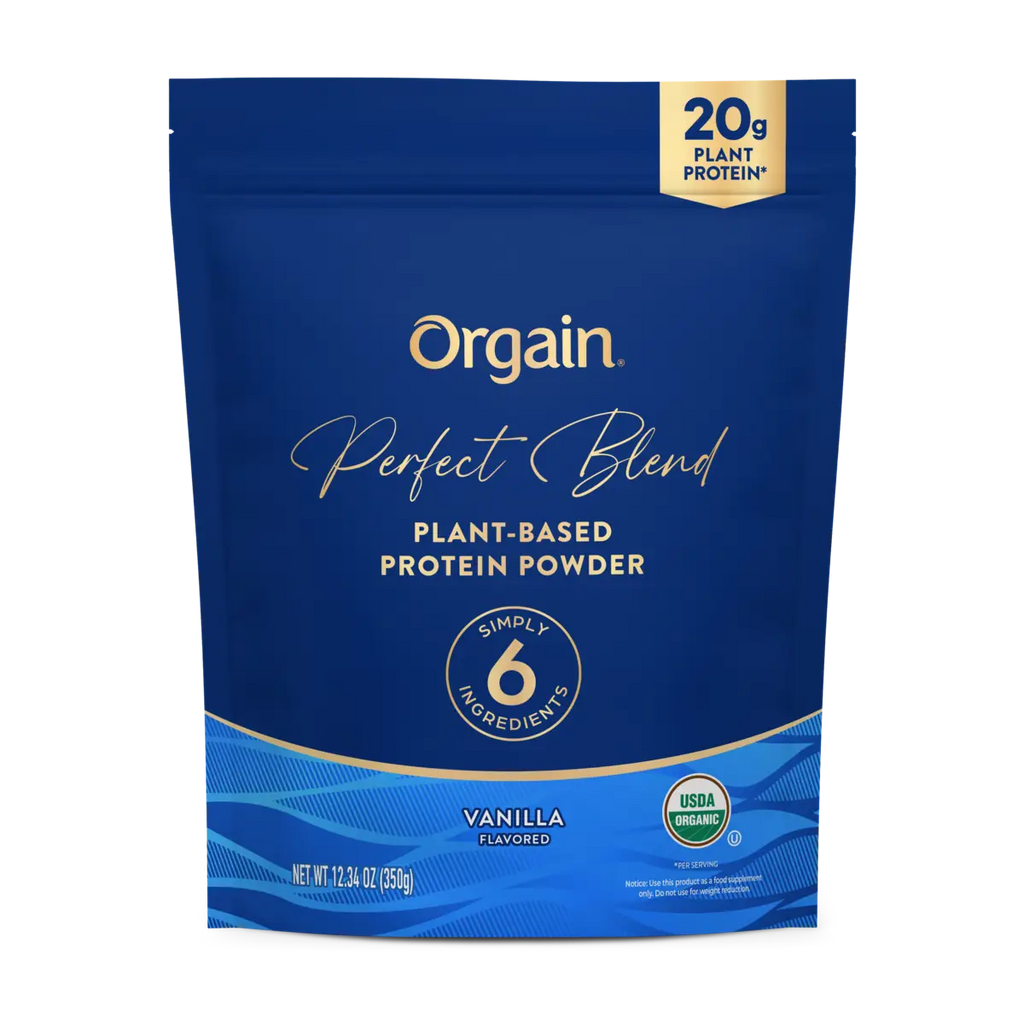Whether you’re hoping to build muscle, lose weight, or simply ensure that you’re getting complete nutrition, making sure you receive a sufficient amount of protein is important.
However, more is not always better when it comes to protein, as there is only so much protein that your body can digest and utilize. So, how much protein can your body absorb?
What is Protein?
Protein is one of the three major macronutrients found in food; the other two macronutrients are fat and carbohydrates. These three macronutrients form the basis of all of the food that we eat, and each plays an important role in the body.
Protein is made up of “building blocks” called amino acids that supply the cells with the materials they need to grow, repair, and reproduce themselves. There are 20 different types of amino acids, 9 of which can only be obtained through food.
Protein is found in every cell of the body, including the skin, muscle, bone, hair, and tissues, and is used to carry out a number of different functions, including building and repairing muscle and carrying oxygen to different parts of the body.
The Science Behind Protein Absorption
Protein absorption is a complex process that requires a considerable amount of energy from the body. Unlike carbohydrates, which are digested quickly and easily, protein takes longer.
Protein digestion begins as soon as you take your first bite. The body uses enzymes called amylase and lipase in your saliva to start breaking down protein. These two enzymes primarily break down carbs and fat, but they start to work on protein too. Once the protein has reached your stomach, it is further broken down by the action of enzymes called proteases and hydrochloric acid. In the stomach, protein is broken down into smaller chains of amino acids (the building blocks of proteins), which are further broken down as the proteases break the bonds that join amino acids, called peptides.
The smaller chains of amino acids then move from the stomach into the small intestine. The digestion process continues as the pancreas releases enzymes and a bicarbonate buffer that help to lower the acidity level of the food in your system. As acid levels lower, additional enzymes, including trypsin, carboxypeptidase, and chymotrypsin, continue to work on breaking down the remaining amino acid chains into individual amino acids.
Once the amino acid chains have been broken down into individual amino acids, the microvilli of the intestine begin to absorb the individual amino acids and release them into the bloodstream. The blood carries the amino acids to different parts of the body where they can get to work repairing tissues and increasing the size of your muscles.
How Long Does It Take Your Body To Absorb Protein?
The rate at which protein is absorbed depends on the form of the protein. Whey protein, a common ingredient in dairy-based protein powders, is a quick-digesting protein that is absorbed at a rate of approximately ten grams per hour.
By contrast, the protein found in an egg is absorbed at a rate of about three grams per hour. That means that if you consume a shake made with protein powder that contains 20 grams of whey protein, your body would be able to absorb that protein in about 2 hours, while eating an omelette containing 20 grams of protein would require about 7 hours for complete protein absorption.
Does faster absorption mean better absorption? Not necessarily. Studies show that although protein consumed on its own is absorbed more quickly, concomitant oxidation of some of the amino acids may result in a lower net protein balance compared to protein sources that are absorbed more slowly and ingested as part of a meal, which may result in a higher net protein balance. More research is needed on this topic.
What is the Maximum Amount of Protein I Can Absorb Per Meal?
The topic of how much protein to consume at any given meal is regularly discussed, particularly in bodybuilding circles. While it might seem like eating more protein is always better, there’s only so much that your body can actively use and absorb. The most commonly referenced intake recommendation is 25 to 35 grams of protein per meal.
However, many different variables impact the maximum amount of protein that a person can absorb per meal. Your age, gender, muscle mass, and other factors play a role in determining how much protein your body can absorb per meal, as does how the protein is consumed.
A study published in 2015 found that muscle protein synthesis is optimally stimulated at an amount of 0.4 grams of protein per kilogram of body weight per meal. However, some people may be able to optimally use more or less protein depending on their anatomy and other factors.
Based on a recommended intake amount of 0.4 grams or protein per kilogram of body weight per meal, a person weighing 150 pounds would take in about 27 grams of protein for optimum protein synthesis at a meal, while a 200 pound individual would take in 36 grams of protein. However, a person weighing 120 pounds would take in less than 22 grams. Therefore, it’s important to make sure that you are eating the appropriate amount of protein for your weight and goals.
What is the Maximum Amount of Protein I Can Absorb Per Day?
As is the case with the amount of protein that can be absorbed during one meal, the maximum amount of protein that can be absorbed per day varies depending on a person’s gender, age, weight, and activity level. In general, the research shows that the total daily protein intake for people attempting to maximize gains in muscle size and strength should take in approximately 1.6 grams of protein per kilogram of body weight per day. An easy way to break up this amount into meals is to consume 0.4 grams of protein per kilogram of body weight per meal and consume four meals per day.
However, some people may be able to absorb more protein throughout the day. A meta-analysis on protein supplementation reported a 95 percent confidence interval for protein intake of 2.2 grams per kilogram of body weight in young male bodybuilders, so people should not automatically assume that they can only take in 1.6 grams per kilogram of body weight. However, the 1.6 grams per kilogram guideline is well-suited to people who have an average activity level and do not have increased protein needs.
How Much Protein Should I Drink To Build Muscles?
If you’re training hard in the gym and working hard to put on muscle, you’ll want to consume more than the recommended 1.6 grams per kilogram of body weight in order to support your activity level and give your muscles the fuel they need. In this case, it can be recommended to consume 2.2 grams of protein per kilogram while trying to build muscle.
One of the easiest ways to make sure you ingest enough protein to meet your goals is to add protein powder into your diet. Protein powder can easily be incorporated into your favorite smoothie and lots of other recipes. Make sure to choose a high quality protein powder that skips junk ingredients like artificial sweeteners, colors, and flavors.
What is the Best Protein?
There are many different ways to make sure you get enough protein in your diet to meet your goals and support your health. Healthy sources of protein include:
- Grass-fed and organic dairy products
- Nuts
- Eggs from pastured hens
- Grass-fed lean meats
- Wild fish
- Whole grains
- Legumes
- Pasture-raised poultry
No matter whether you prefer to get your protein from plant or animal sources, make sure that you choose lean, healthy sources that will do your body good!
Sources:
Protein Digestion and Absorption - Nutrition: Science and Everyday Application
Nutritional interventions to augment resistance training-induced skeletal muscle hypertrophy - NCBI














